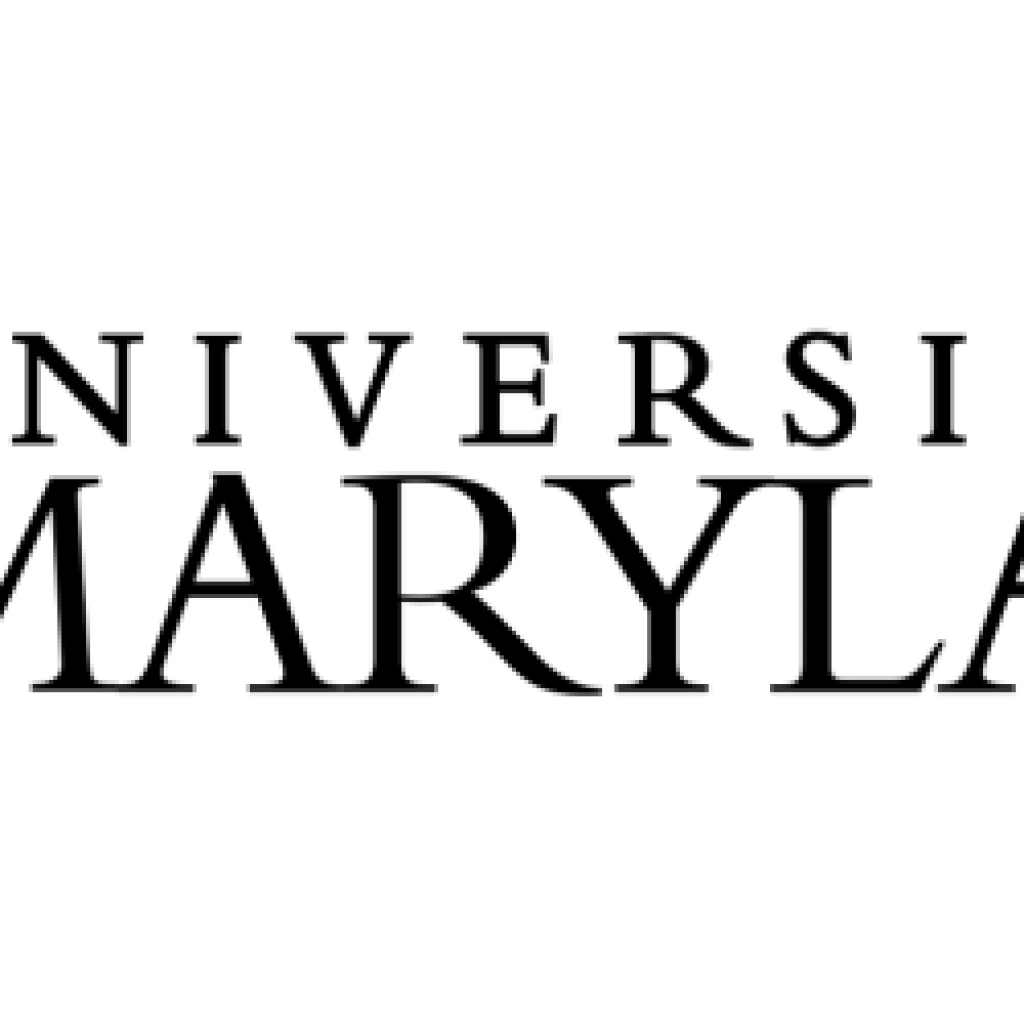(HPCWire) The University of Maryland has been tapped to lead a multi-institutional effort supported by the National Science Foundation (NSF) that is focused on developing quantum simulation devices that can understand, and thereby exploit, the rich behavior of complex quantum systems.
The NSF Quantum Leap Challenge Institute for Robust Quantum Simulation announced on September 2, 2021, brings together computer scientists, engineers, and physicists from five academic institutions and the federal government. Funded by a $25 million award from NSF, researchers in the UMD-led institute will develop theoretical concepts, design innovative hardware, and provide education and training for a suite of novel simulation devices that can predict and understand quantum phenomena.
“Maintaining and growing our global leadership in quantum science and technology is important for the state of Maryland and a top strategic priority for its flagship campus, the University of Maryland,” said UMD President Darryll J. Pines. “The Quantum Leap Challenge Institute for Robust Quantum Simulation positions us to tackle grand challenges in quantum information science and quantum computing, and it further elevates our region as the Capital of Quantum.”
Andrew Childs, a UMD professor of computer science and co-director of the Joint Center for Quantum Information and Computer Science (QuICS), is the lead principal investigator of the NSF award and will serve as director of the new institute.
“Quantum simulation is arguably the most compelling application of quantum computers,” Childs said. “Through dedicated research, education and outreach, we will nurture the quantum simulation community and provide a sharp focus on new discoveries and applications involving quantum simulation.”
In addition to faculty, postdocs and students from UMD, the NSF Quantum Leap Challenge Institute for Robust Quantum Simulation will include quantum experts from Duke University, Princeton University, North Carolina State University and Yale University, as well as researchers from the National Institute of Standards and Technology (NIST). Nine of these federal scientists are already embedded on the UMD campus, working in the Joint Quantum Institute, launched in 2006, and in QuICS, launched in 2015.
UMD Leads New $25M NSF Quantum Leap Challenge Institute for Robust Quantum Simulation
